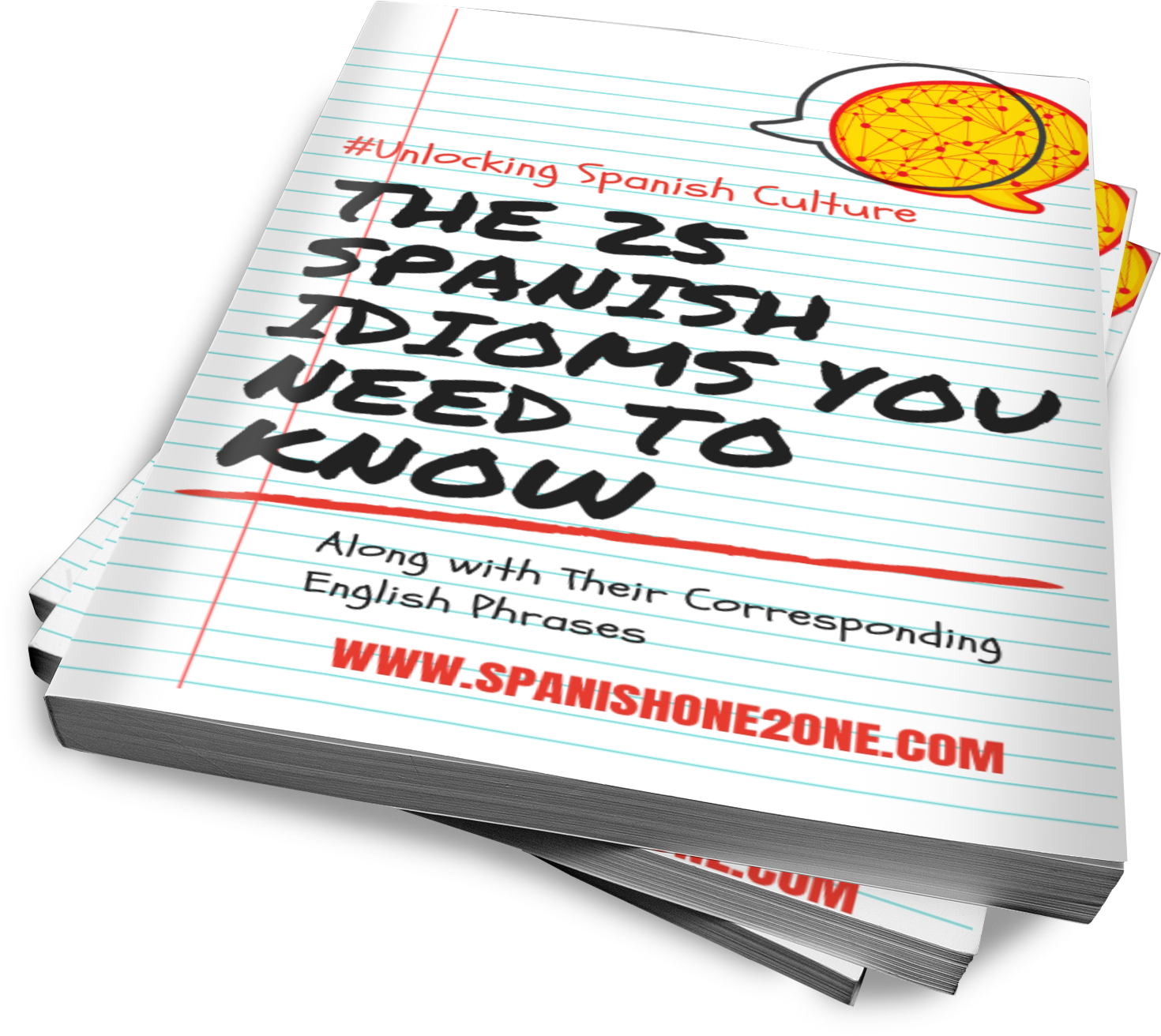
BEGINNERS
Grammar
Topics
Skills
INTERMEDIATE
Grammar
Topics
- Basic holidays vocab.
- Complaints at hotels.
- Telling a story or anecdote (using preterite and imperfect).
- Describing your neighborhood and its problems.
- Jobs and careers.
- Planning your future / Guess what will happen.
- Describe your ideal job, house, etc.
- What would you do if you were rich/ the president/…?.
- Debates (varied topic for discussion of different topics).
- And more…
Skills


INTERMEDIATE
Grammar
Topics
Skills


